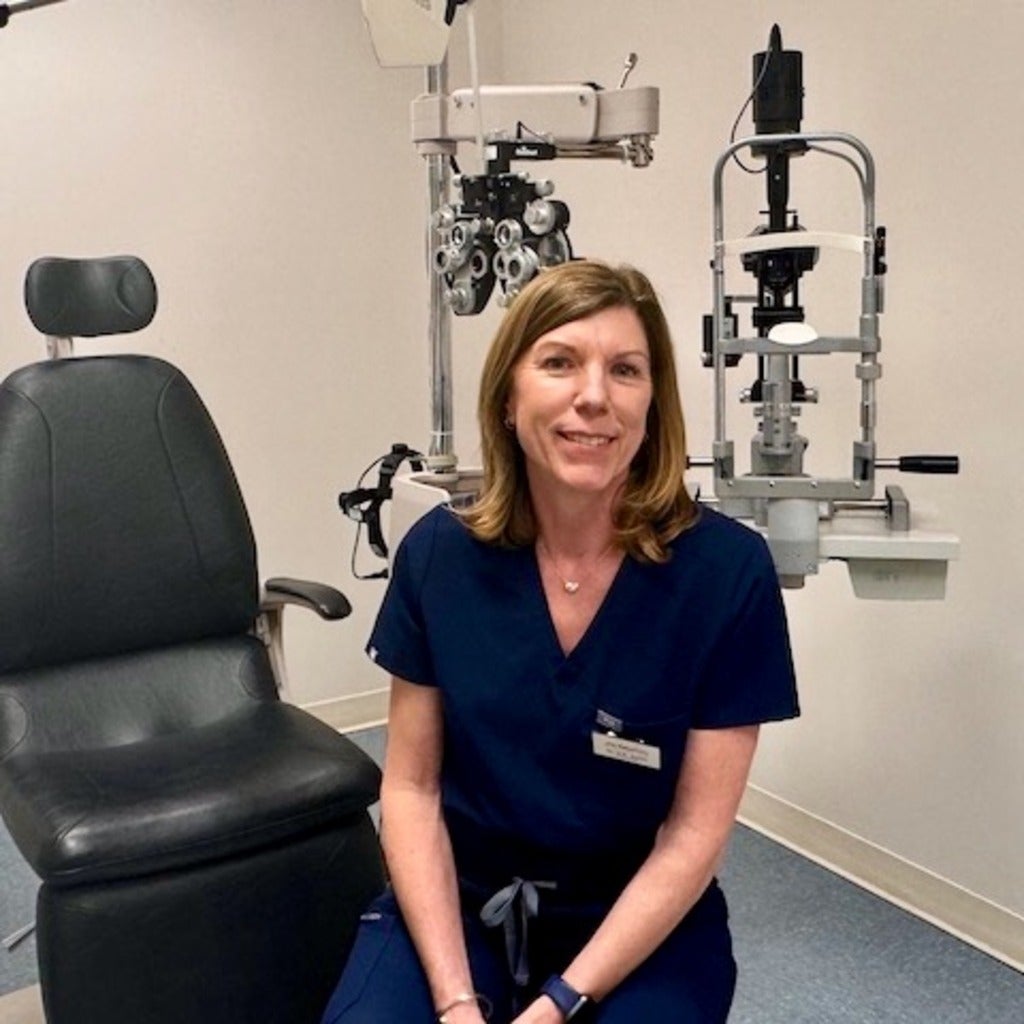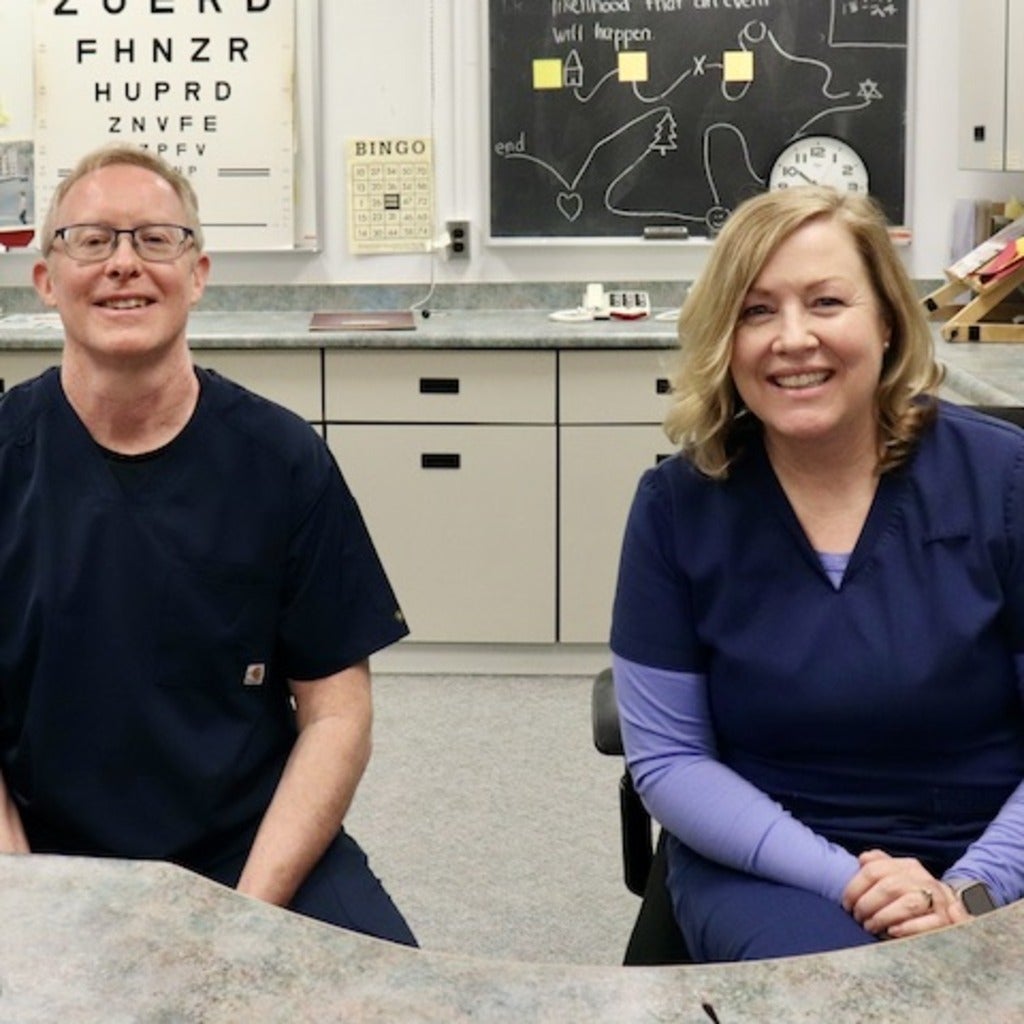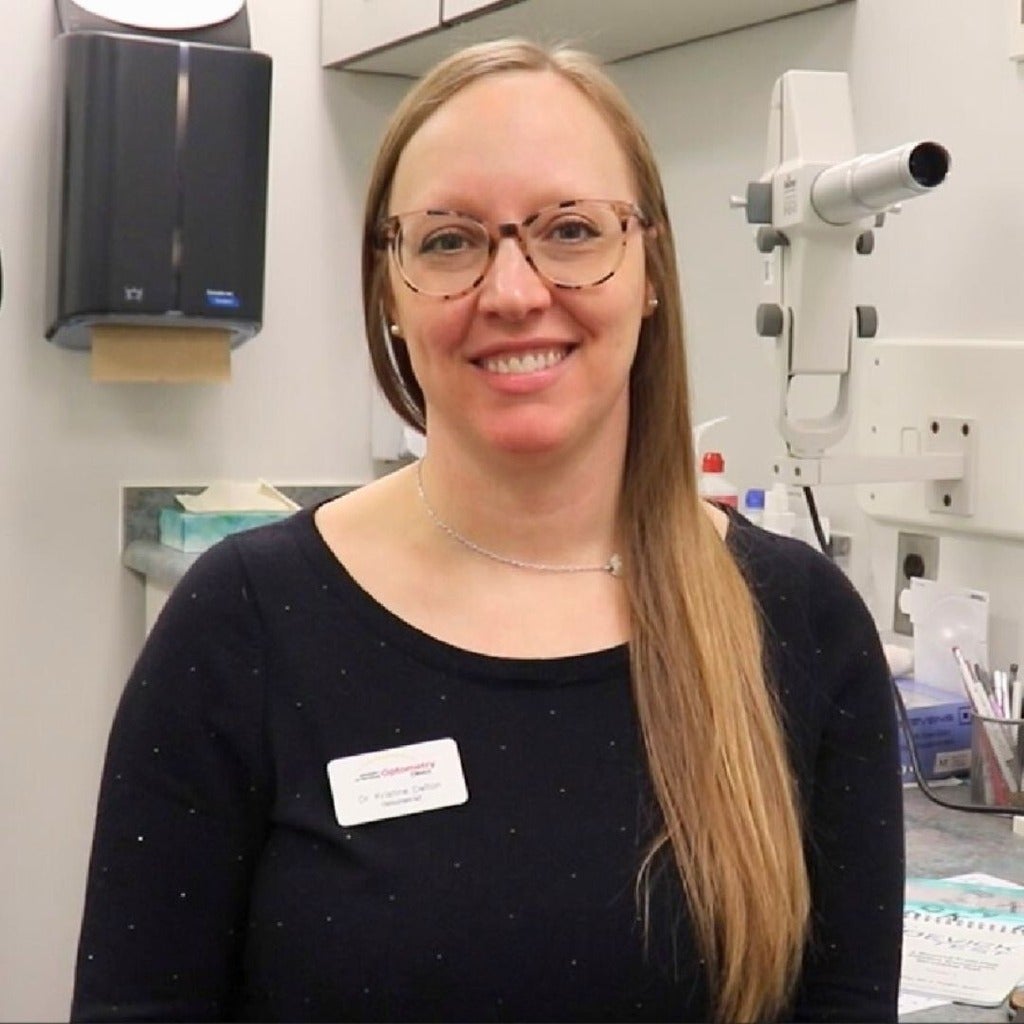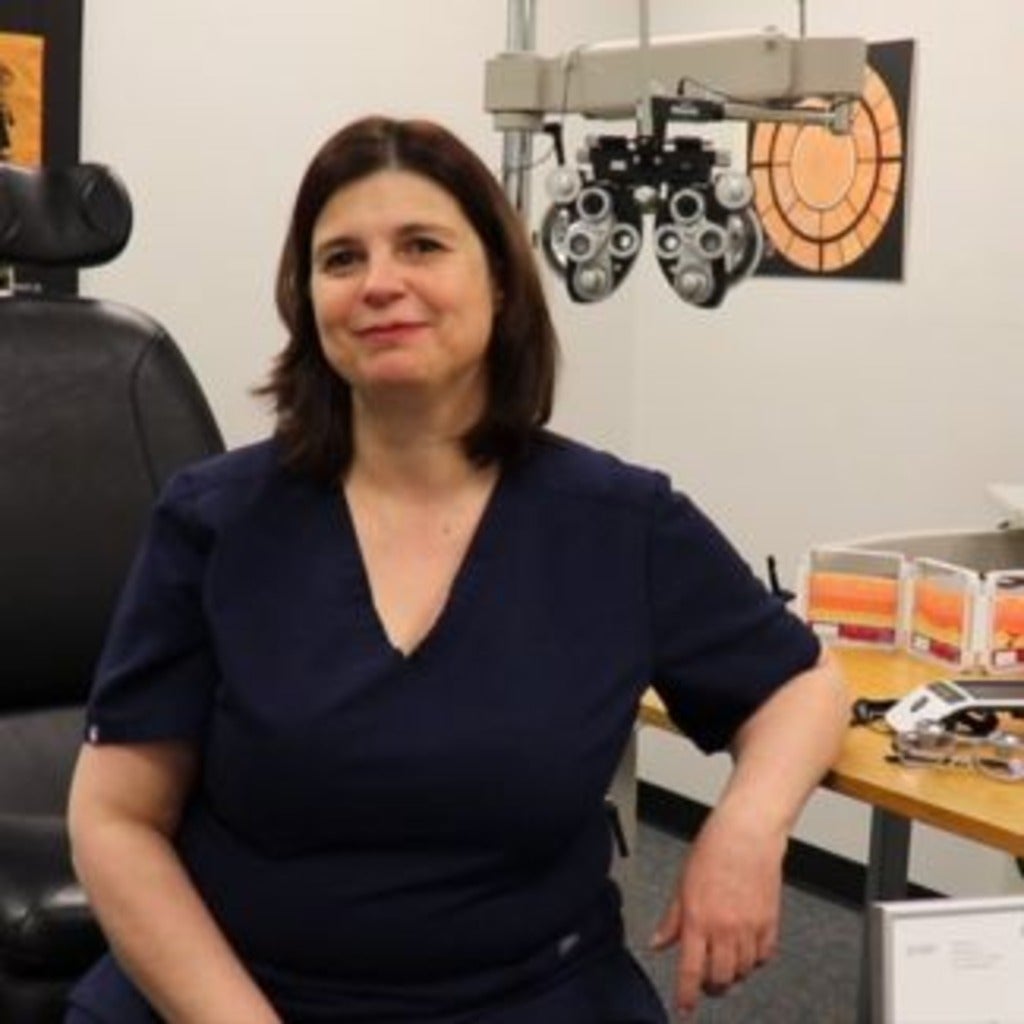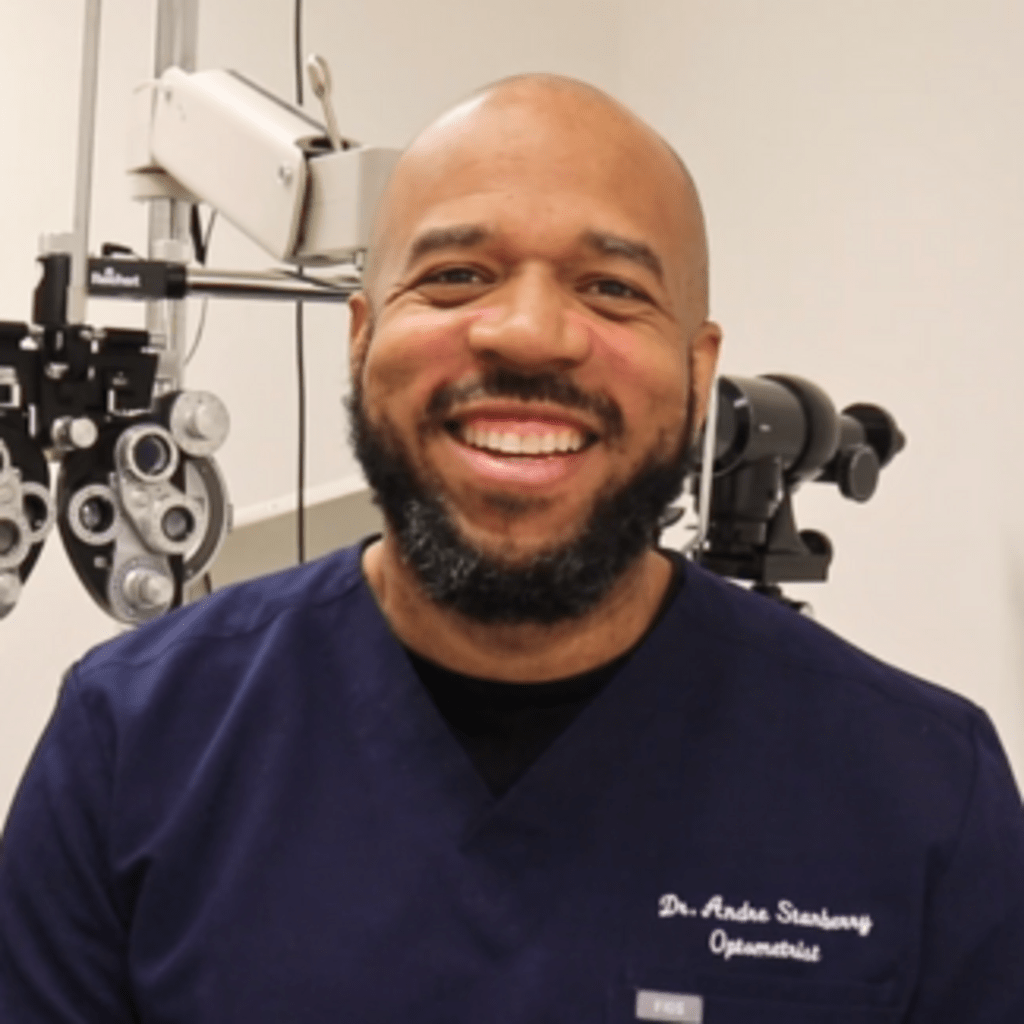We have gathered this collection of resources in consultation with Waterloo Eye Institute (WEI) specialists and our patients for each eye care concern covered here. Each article provides a brief overview of services that we can provide for through our clinics.
If you need medical care related to one of these topics, due not hesitation to book a consultation with one of our doctors.
